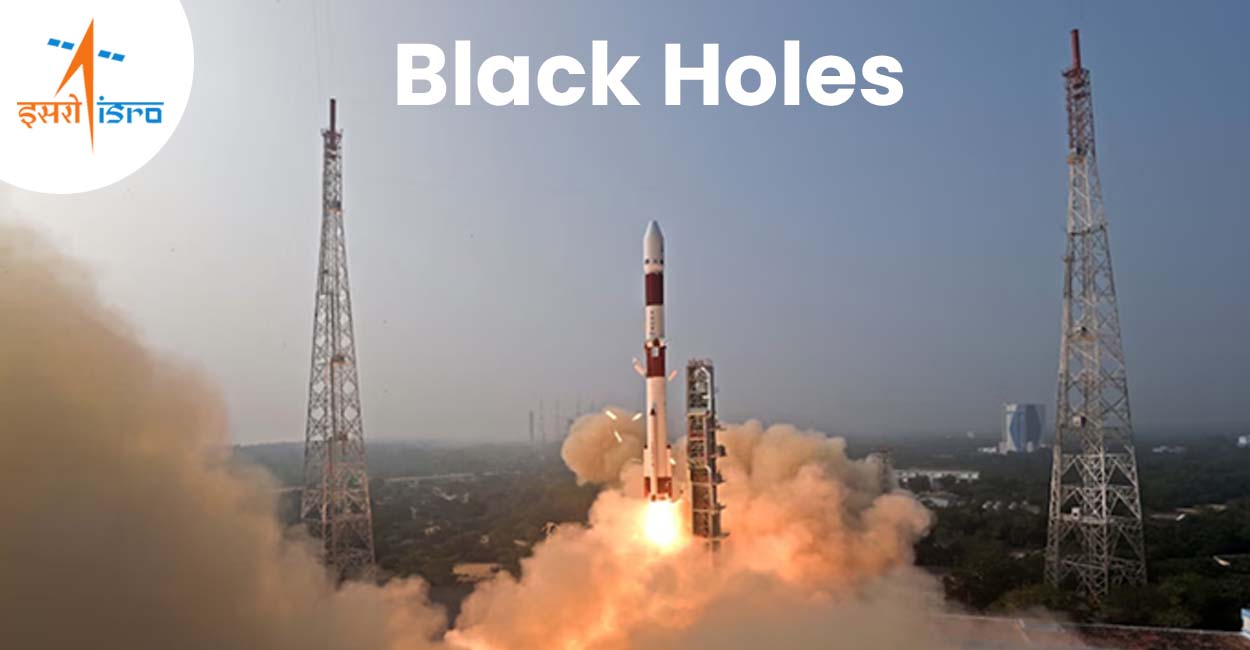
Sriharikota, India — The Indian Space Research Organisation (ISRO) achieved another milestone with the successful launch of its maiden X-Ray Polarimeter Satellite, XPoSat, aboard the Polar Satellite Launch Vehicle (PSLV) C58 mission. The event marked a significant leap forward in space-based X-ray astronomy and promises valuable insights into celestial objects, particularly black holes.
Key Achievements:
- Launch Success: The PSLV, in its C58 mission, flawlessly deployed XPoSat into a 650 km Low Earth Orbit as planned, taking off at 9:10 am from Sriharikota’s first launch pad.
- Scientific Focus: XPoSat, India’s first dedicated scientific satellite for space-based polarisation measurements of X-ray emission, aims to explore the polarisation of intense X-ray sources in space.
- Diagnostic Tool: X-Ray polarisation serves as a vital diagnostic tool for scrutinizing the radiation mechanism and geometry of celestial sources, contributing to a deeper understanding of the universe.
XPoSat Payload:
- POLIX: The primary payload, Polarimeter Instrument in X-Rays (POLIX), is designed by Raman Research Institute to measure polarimetry parameters.
- XSPECT: Another crucial instrument, X-ray Spectroscopy and Timing (XSPECT), is crafted by the U R Rao Satellite Centre, Bengaluru. Together, these instruments are poised to gather valuable data for scientific exploration.
Mission Duration:
The expected mission life of XPoSat is approximately five years, providing a prolonged window for data collection and analysis.
Upcoming Endeavors:
ISRO’s collaboration with NASA is set to continue with the launch of the NISAR (NASA-ISRO Synthetic Aperture Radar) satellite in the first quarter of 2024. With a cost of $1.5 billion, NISAR is a joint venture that will offer critical data for studying various Earth ecosystems and phenomena on a regional to global scale.
ISRO’s commitment to advancing space exploration and research is evident through these endeavors, fostering international collaborations and contributing to our understanding of the cosmos


